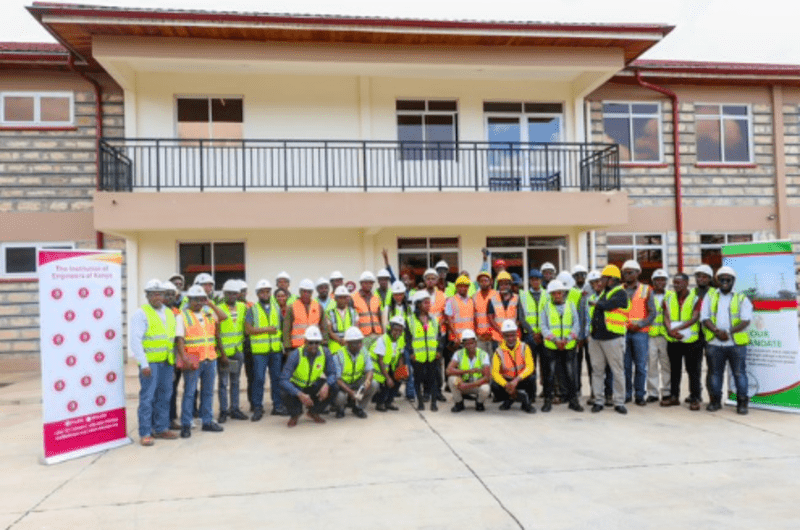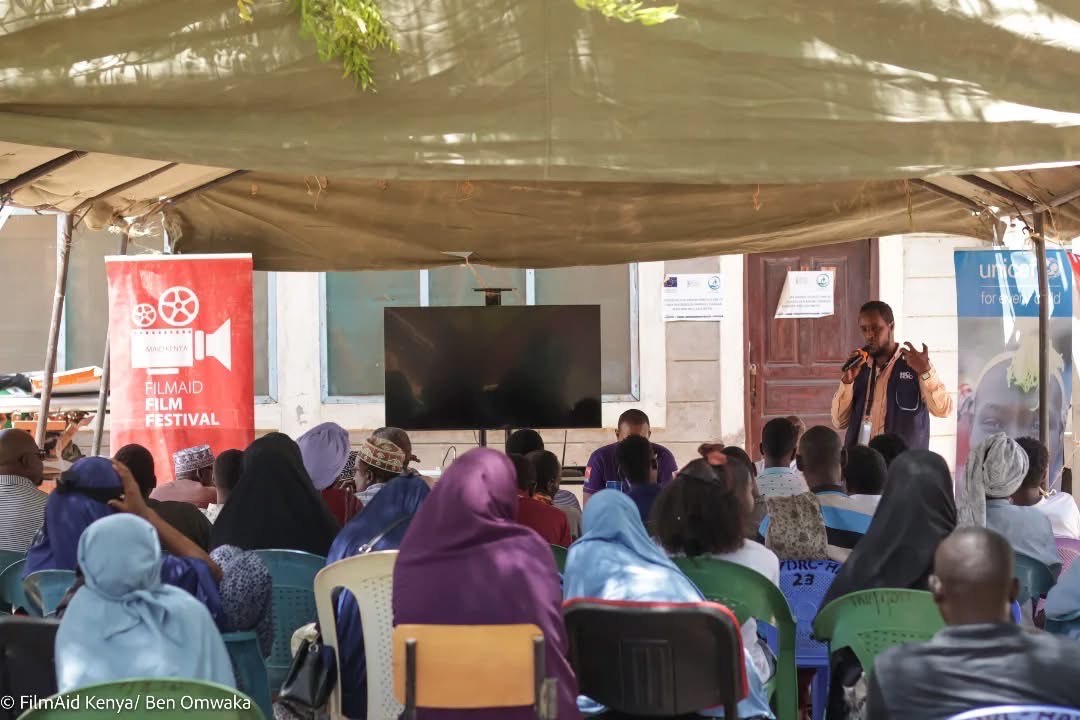Engineers sound alarm over Kenya’s manufacturing sector and stalled projects

As a result, the umbrella body says the underperformance of Kenya's manufacturing sector has resulted in significant job losses, diminished economic output and decreased competitiveness.
Engineers in the country have expressed concern over the current state of manufacturing projects and firms within the country, lamenting the continued trend of uncompleted projects.
Through their umbrella body, the Institution of Engineers of Kenya (IEK) on Tuesday, the engineers said Kenya's manufacturing landscape is sickly, and increasingly characterised by uncompleted projects that are supposed to be serving as manufacturing hubs or start-ups.
More To Read
- IEK blasts arrests, political interference and unfair removals of engineers from leadership roles
- Engineers take PSC to Supreme Court in bid to secure better pay, allowances
- Kenyan engineers cry foul over marginalisation by foreign firms
- Engineers: Bribe demands, system failures hindering building approvals in Nairobi
- Engineers want Aisha Jumwa's appointment to roads board revoked
- Engineers criticise JKIA takeover by Adani Group
This is alongside the troubling trend of companies winding up their businesses while others relocate their manufacturing operations to neighbouring countries.
"We have had a lot of infrastructure projects where some get a lot of funding but fail even to take off, or a project meant to take one year takes ten years, leading to higher costs on inflation and delays," IEK says.
As a result, the umbrella body says the underperformance of Kenya's manufacturing sector has resulted in significant job losses, diminished economic output and decreased competitiveness.
"The closure and relocation of manufacturing firms have led to lower tax revenues, reduced exports, and increased reliance on imports, adversely affecting the country's trade balance and overall economic growth."
This situation not only hampers the country's economic development but also impacts job creation and industrial expansion, it adds in part.
The engineers reckon that some of the uncompleted manufacturing projects are costing taxpayers billions of shillings that were spent on launches and fact-finding missions yet the projects don't see the light of day.
"Deals worth trillions of shillings have been in the past signed between counties and foreign entities with little to show, years later. Yet these projects were envisioned to stimulate economic activity, provide employment, and position Kenya as a competitive player in the global market."
Notable examples the engineers' body highlights include in Marsabit, a fish factory at Loyang Alani, In West Pokot, the construction of a mango processing plant which remains incomplete, Small-Scale Irrigation and Value Addition Projects across the county funded by AFDB, delayed implementation of the Bura Rehabilitation Development Project and delayed completion of Thwake Multi-Purpose Dam. 2.
It also highlights some of the stalled market projects. They include markets in Kisii, Kisumu, Nyeri, Meru, Tharaka Nithi, Kakamega, Busia, Uasin Gishu, Kitui and Baringo.
"These markets were built to promote trade and serve as centres of commerce, but years after, most remain unoccupied. Most traders have cited location and distance from major roads and the way the stalls were allocated as some of the reasons why they chose to stay away," IEK says.
Nevertheless, IEK highlights the growing trend of manufacturing firms ceasing operations, saying it not only reflects poorly on the business environment but also leads to loss of livelihoods for many Kenyans.
The latest one is the announcement by the local automotive manufacturer Mobius Motors Kenya, which put clear its plan of winding up its operations in the country.
Others include GlaxoSmithKline, a British pharmaceutical multi-national manufacturing facility that closed its doors in 2023 after being in operation for nearly 60 years in the country.
Procter & Gamble, the US-based multinational producer of consumer goods, also withdrew from Kenya in June of this year.
In 2010, Reckitt & Benckiser, a global producer of household cleaning, health, and personal care products, including brands like Dettol, JIK, Harpic, and Mortein Doom, ceased its operations, marketing, and distribution in Kenya.
The famous Cadbury Kenya in previous years also shut down its local production plant, citing high operational costs and an unfavourable business environment.
Over the past 10 years, IEK says more than 31 manufacturing companies, both multinational and domestic have shut down production plants in Kenya, revealing the impact of an uncompetitive tax regime and business environment and cheaper imports on the local industry with more than a dozen other large firms with established distribution channels have downsized operations to stay afloat.
Top Stories Today












































